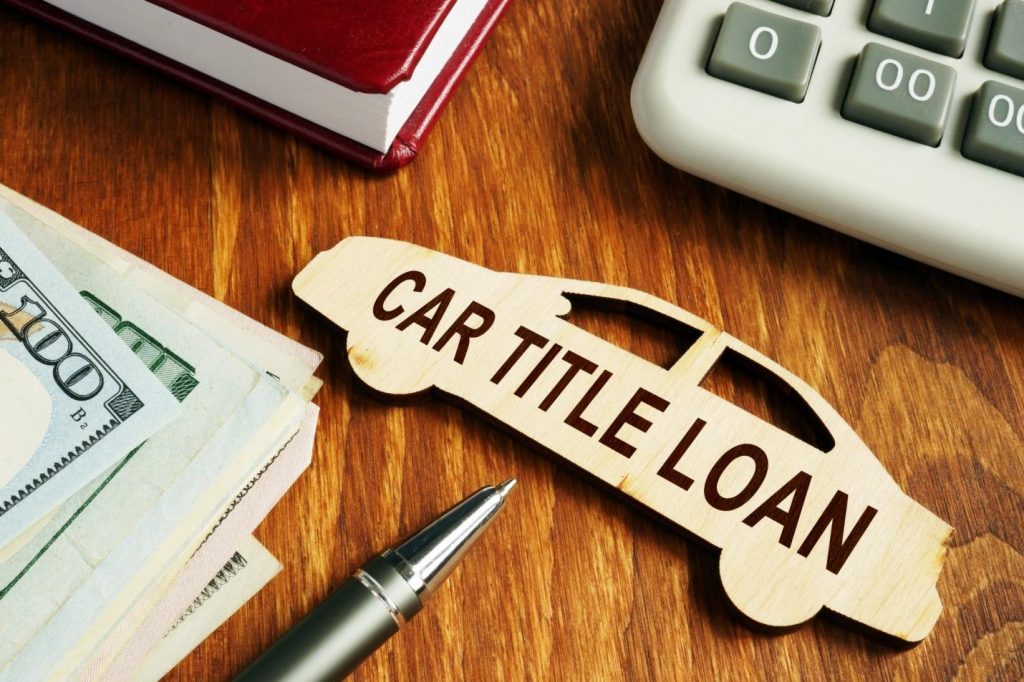What Happens if I Can’t Pay My Title Loan?

A title loan can seem like a life raft if you’re on a low or fixed income and are trying to pay for expenses you can’t afford.
If you’re having financial difficulties, you might have turned to a title loan to help you out. As time goes on, it can become more and more challenging to pay off your balance.
If this is the situation you currently find yourself in, the question you have in mind is, “What happens if I can’t pay my title loan?
Here’s what you need to know.
What Happens if I Can’t Pay My Title Loan? – Negative Impact on Your Credit Score
The lender can put a lien on your vehicle if you don’t pay a title loan back. They can take your car if you don’t make your payments. This can hurt your credit score, making it harder to get a loan in the future.
The lender may also report the delinquent loan to the credit bureaus, which could negatively impact your credit score. A bad credit score can make your life difficult in several ways. It can even delay retirement by costing you more money in the long run.
If you have a bad credit score and you are renting, you may have a hard time looking for an apartment in the future. According to Experian, a credit score of 620 is often the minimum you need to qualify for an apartment.
There are ways how to improve your credit score quickly. Pay your revolving credit as much as possible to lower your credit utilization percentage. Make sure to have the inaccurate things removed (especially late payments).
You can also have someone add you as an authorized user to an old account with perfect payment history, ideally with a low utilization rate. A friend or relative can do this, and they do not even have to give you the card.
The Harsh Reality of Repossession
The lender can repossess your car if you don’t repay a title loan. This means they can take back your vehicle and sell it, using the money from the sale to pay off your loan.
If you don’t have a car, you may be unable to get to work and earn a living. You may also be charged late fees and additional interest, making it difficult to pay off the loan.
If the lender sells your car for less than what you owe on loan, you will be responsible for paying the difference.
The Cycle of Debt
The cycle of debt is when you can’t pay your debts, so you incur more debt to try to pay off the original debt. This is because you may have to take out another loan to pay off the first one, and then you may end up with even more debt.
This can be a complex cycle to break out of and be very expensive. You may end up paying many fees and interest and lose your car. If you’re struggling to pay back a title loan, it’s essential to check on some title loan tips or talk to your lender and find a way to make payments that work for you.
The first step to getting out of the debt cycle trap is acknowledging that you have too much debt. You need to take a realistic view of the situation to start taking action.
If you have several outstanding debts, you can consider taking a debt consolidation loan from a bank or credit union and paying them off. Once you recognize your need to get out of debt, You can start working on solutions.
The Risks of Falling Behind on Payments
Title loans are appealing because you can arrange the loan quickly and with fewer requirements. Also, the lender will not check your credit history; you can receive the title loan regardless of your credit score.
A title loan is ideal for those who may need a sum of money quickly and a way to cover an emergency financial problem, such as hospitalization, etc.
Title loans must be paid quickly, usually within 30 days or less after getting the loan. If you can’t repay the loan by then, you can roll it over the next month, but you’ll be charged another monthly fee which will happen each time you roll it over.
Some lenders may employ aggressive collection tactics, such as making threatening phone calls or showing up at your home or work.
Possible Legal Implications
If you don’t have a vehicle, the lender may try to collect the debt from you through other means, including suing you. If the lender sues you and gets a judgment against you, the lender may be able to garnish your wages or put a lien on your property.
If the lender wins the lawsuit, you may be required to pay the lender the amount of the judgment, plus court costs and interest. You may also be responsible for the lender’s attorney fees.
Contact Your Lender as Soon as Possible
Now that you know the answer to the question, “What happens if I can’t pay my title loan,” you can start working on the action.
If you’re having trouble making payments, contact your lender immediately to discuss your options. Not doing so can lead to several problems, including damage to your credit score, loss of transportation, and potential legal issues.
For more informative articles on financial counseling and debt collection resources, visit the rest of our website today.








